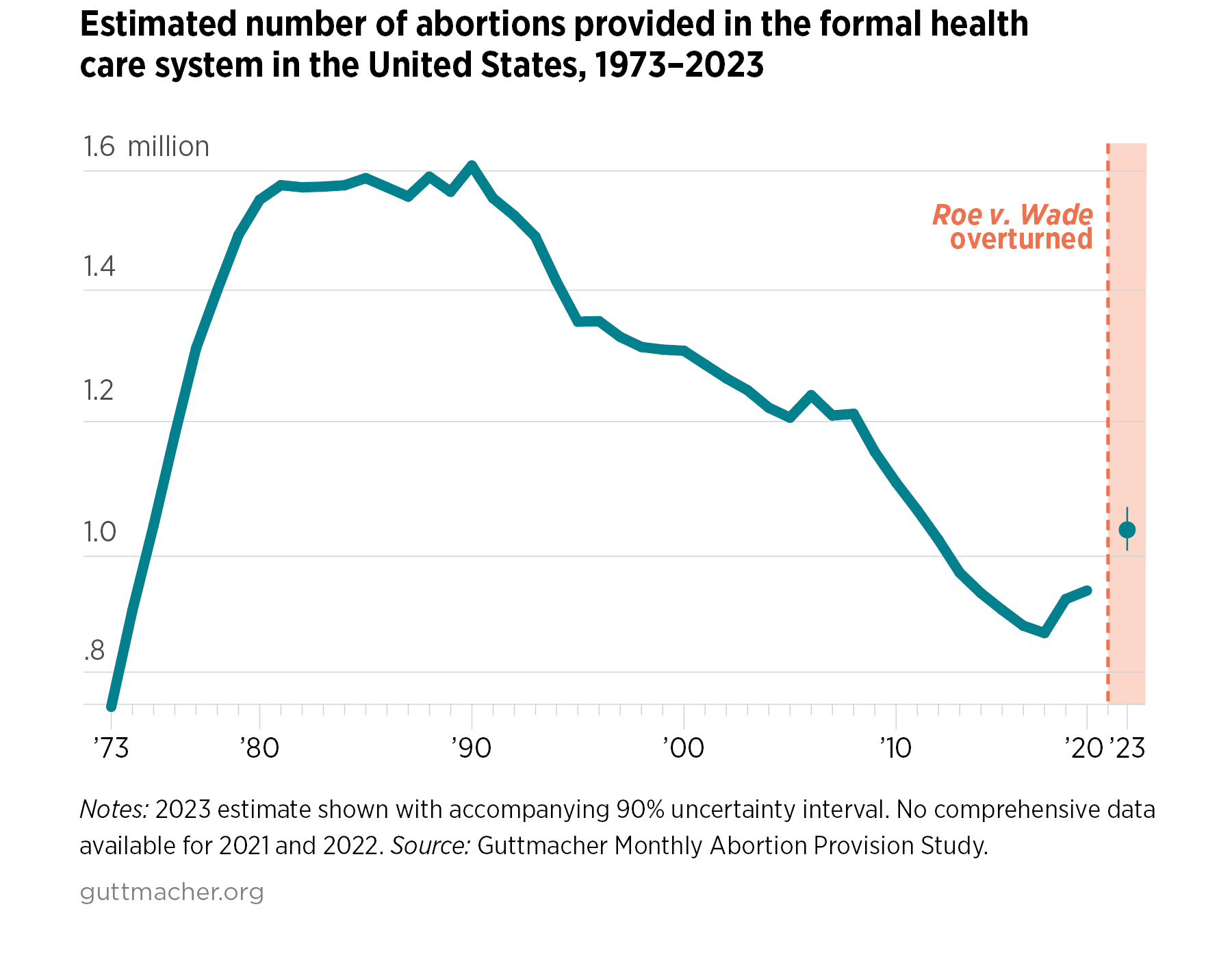Since the overturning of Roe v. Wade, many in the pro-life community have celebrated a significant victory. However, this legal change has not reduced the number of abortions; instead, it has shifted the landscape dramatically. The availability of the Plan C pill, which can be shipped directly to women’s homes, has risen, presenting new challenges and dangers. It’s crucial for the pro-life community to understand these shifts and continue advocating for the protection of both women and preborn children.
The Shift in Abortion Landscape Post-Roe v. Wade
The Supreme Court’s decision to overturn Roe v. Wade was intended to reduce the number of abortions in the United States by returning the power to regulate abortion to individual states. While many states have since enacted more restrictive abortion laws, the overall number of abortions has not seen a corresponding decline. Instead, there has been a significant increase in the use of medication abortions, specifically the Plan C pill, which is often obtained through telehealth services and mail-order.
Data from various sources indicate that the number of medication abortions has surged. Women, particularly in states with restrictive laws, are turning to the Plan C pill as a more accessible option. This shift has serious implications for women’s health and safety, which must not be ignored.

Medical Risks and Complications of the Plan C Pill
The Plan C pill, a combination of mifepristone and misoprostol, is marketed as a safe and convenient way to terminate a pregnancy at home. However, this method comes with significant medical risks that are often understated.
Our Response: Why The Work is Not Yet Done
The shift to at-home abortions with the Plan C pill underscores the need for continued pro-life advocacy. The battle for life did not end with the overturning of Roe v. Wade; it has simply entered a new phase.
Continued Advocacy: The pro-life community must remain vigilant and proactive. This means educating the public about the dangers of the Plan C pill, advocating for stricter regulations and oversight, and supporting women facing unexpected pregnancies with comprehensive care.
Providing Support and Alternatives: It’s crucial to offer women real alternatives to abortion. This includes providing emotional, financial, and medical support. Pregnancy help centers and other pro-life organizations play a vital role in offering compassionate care and resources to women in need.
Launching a National Pro-Woman Telehealthcare Brand
Research indicates that 6 out of 10 women who have had abortions would have chosen life if they had received more emotional and financial support. And the good news is, pregnancy help centers and other pro-life organizations provide this type of care, but women simply do not know it exists.
Heroic Media is dedicated to building awareness among young women about the availability of resources, should they face an unexpected pregnancy. How are we going to do that?
We are excited to announce the launch of our new national, pro-woman telehealthcare brand. This brand marketing approach is designed to win the hearts and minds of women before they ever face an unexpected pregnancy, so they know where to turn if and when they face unexpected pregnancies.
Our telehealthcare services will provide women immediate access to medical consultations and support, ensuring a rapid response to combat the abortion pill.

Conclusion
The hidden dangers of the Plan C pill and the shift in abortion methods post-Roe v. Wade highlight the ongoing need for pro-life advocacy. While legal changes have altered the landscape, they have not eliminated abortion. Instead, they have introduced new risks and challenges that demand our attention and action.
The pro-life community must continue to fight for the safety and well-being of both women and unborn children. By raising awareness, advocating for better regulations, and providing comprehensive support, we can make a difference. The battle for life is far from over, and it is up to us to ensure that women are protected and supported in making life-affirming choices.




